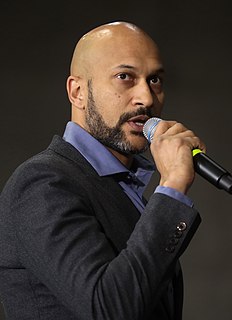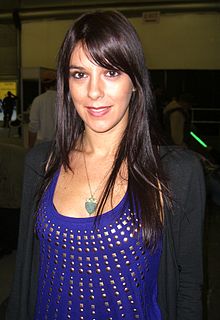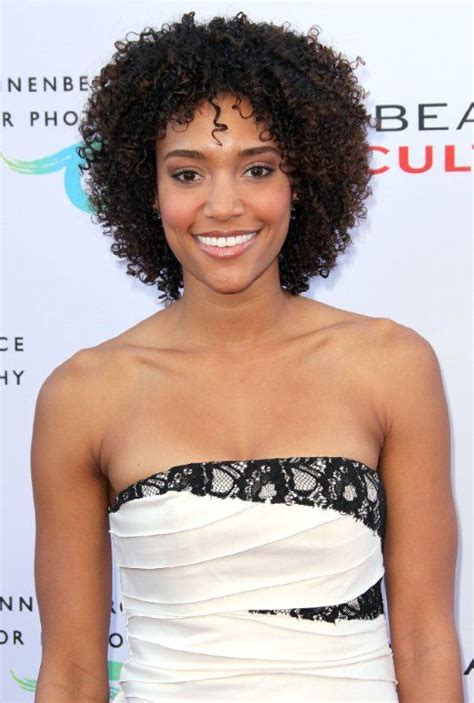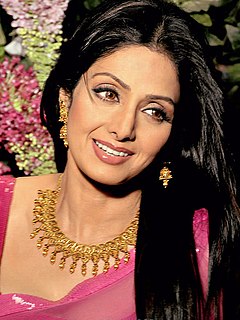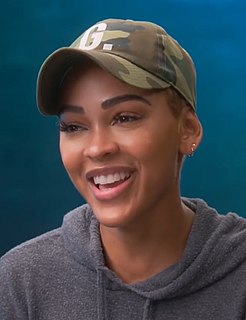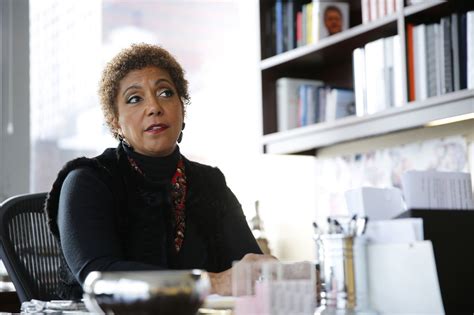A Quote by Keegan-Michael Key
My father has passed away. He was African-American. My mother is white. So I was adopted by a couple that was of a similar dynamic as my biological parents.
Related Quotes
Since my mother passed away, my father and I forged a bond that is so tighter than one could possibly imagine. Keep in mind, I am an only child, so I was always fiercely close with both my parents. The tragedy my father and I endured when my mother passed created a bond between us that no amount of force can break.
Fairness and equality means that what you are never limits who you can be. It means that a young African-American man like my father can start a business with $500 and a dream. It means that a young African-American woman like my mother can walk into European fashion houses with her head held high and be treated with respect.
